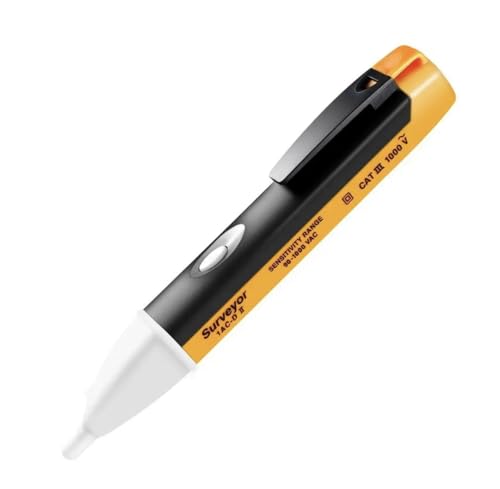Doc Hudson
Well-known member
- Joined
- Oct 21, 2008
- Messages
- 5,619
- Reaction score
- 230
No, You are suggesting by your assumptions that your electrical knowledge is greater than the combined knowledge of the IEE who publish BS7671 and the on site guide and the various guidance notes. I personally consider myself reasonably knowledgeable but not more knowledgeable than the IEE. I think they have a few members with higher qualifications than I have attained.but that's like saying the brakes on your van work when you are parked on the drive but not when doing 70 on the motorway so I will test them on the drive don't you agree
Doc H.


















![TUOFENG 12 Gauge Silicone Wire -6 Meter [3 m Black and 3 m Red] 3.3mm² Soft and Flexible Electrical Wire for DIY Projects and Electrical Applications](https://m.media-amazon.com/images/I/51+++DjJ1DL._SL500_.jpg)













































